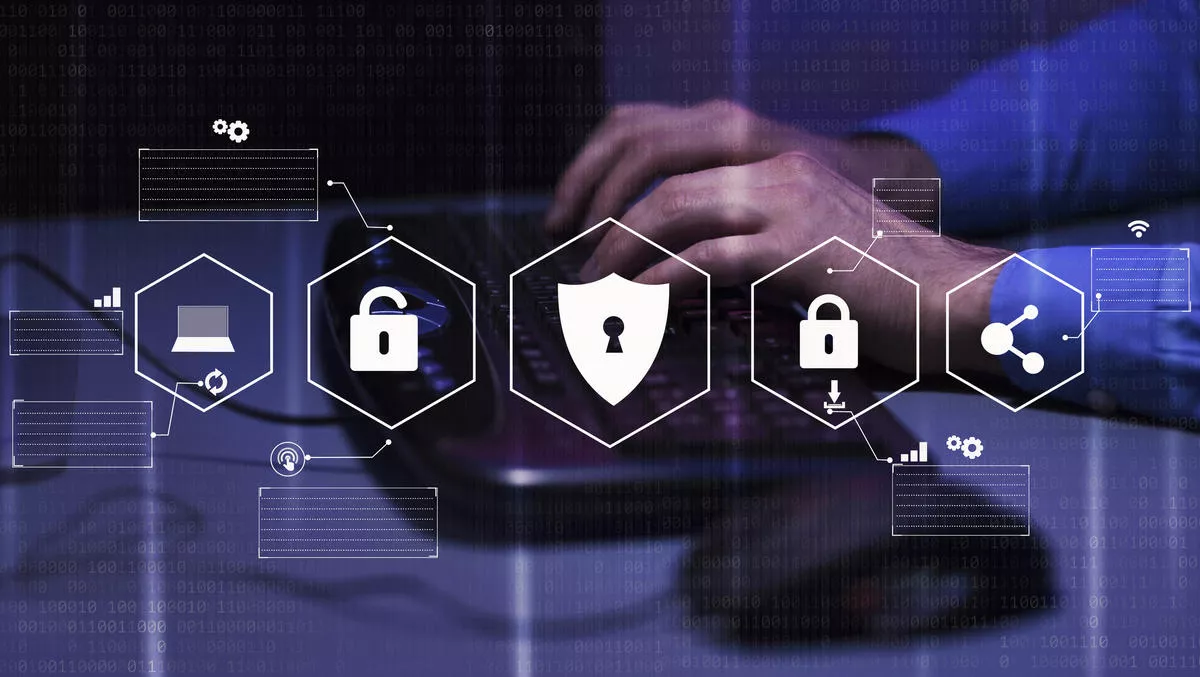
Half of consumers (50%) would leave an online service provider following a data breach, according to a new study from global security company Kaspersky.
Furthermore, the idea of avoidable data misuse is likely to have an even greater fallout, with 63% of respondents affirming they would no longer use the provider for fear of their data being sold to a third party in this case.
As consumers understand more about businesses' data privacy responsibilities, more transparency is needed from those companies about how they handle user data, Kaspersky states.
Having to shop, be entertained, communicate and conduct business virtually is likely to have sparked heightened awareness about how much data is being offered, and what the upshots of this proliferation could be, the researchers state.
According to the study, almost two-thirds (62%) of respondents are now worried that their online activities are being constantly tracked by the websites or services they visit.
Not only would 50% of consumers stop using an online provider if they encountered a breach, but a vast portion are already demanding greater protection of their data ahead of time, from both enterprises and governments.
Around half (51%) affirmed that they want companies to be transparent in their data processing, while 48% think companies should be equally open about how their technology works.
A similar 50% called on governments to be transparent about their respective data collection and management processes.
Even so, this isn't to say that consumers are necessarily against the idea of data processing in general.
The study shows that 68% agree that the apps and digital services they use make their lives substantially easier.
However, considering that more than one-in-10 (12%) have had their personal data leaked or shared inappropriately by a third party, leading to having secret information revealed (64%) or a loss of money (62%), additional caution moving forward is understandable.
Kaspersky head of consumer product marketing Marina Titova says, “It is clear from the data that people have developed a sense of control and they are now demanding openness about how and where their data is being managed.
"Businesses should be aware of how detrimental it would be to brand reputation to ignore these calls.
In addition to steps being taken by service providers, there are also measures that consumers can take to keep themselves and their information safe.
Kaspersky recommends to update programs and operating systems whenever prompted. Within these updates, vulnerabilities are patched which means that breaches are less likely to occur.
Consumers should also choose an encrypted Wi-Fi connection to keep computers and information safe, and can look into implementing a security cloud solution that offers tools such as account checker, private browsing, blocking modes, anti-ransomware, mobile security and password management.
Other suggestions are to change account passwords regularly, as well as default passwords for devices and routers, and to remain aware of malicious emails and privacy safeguards within all apps and services.
